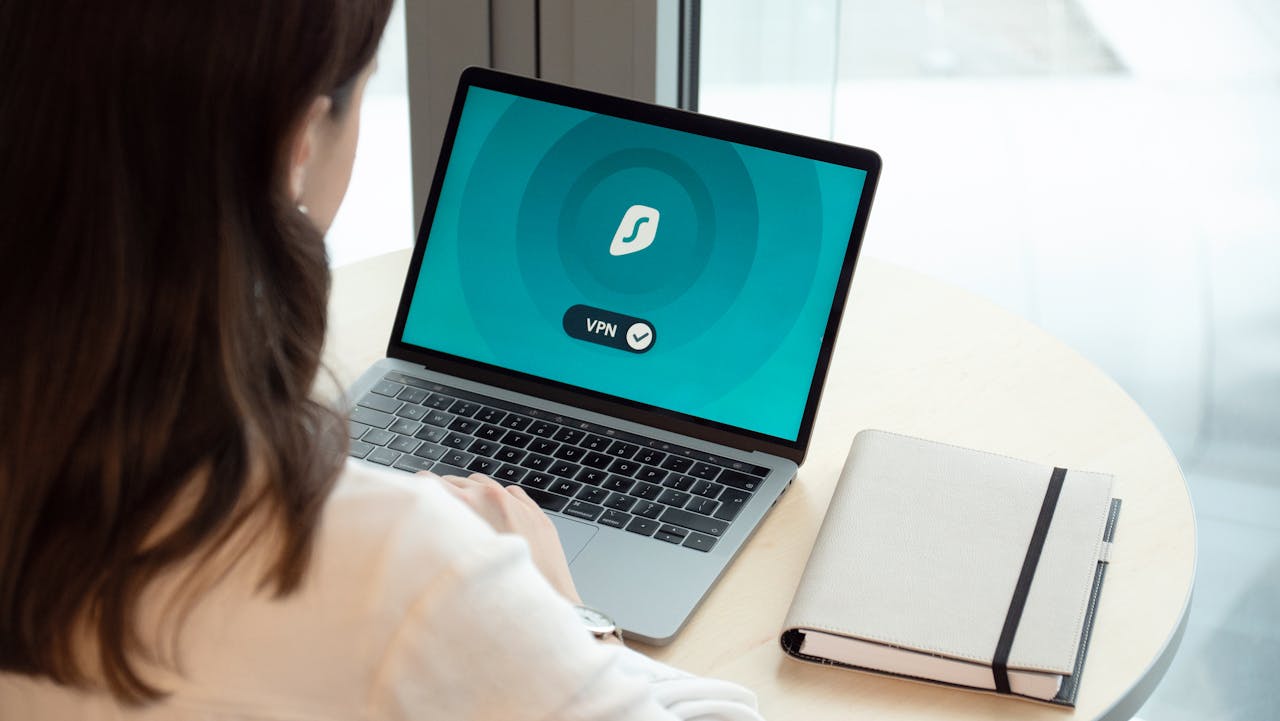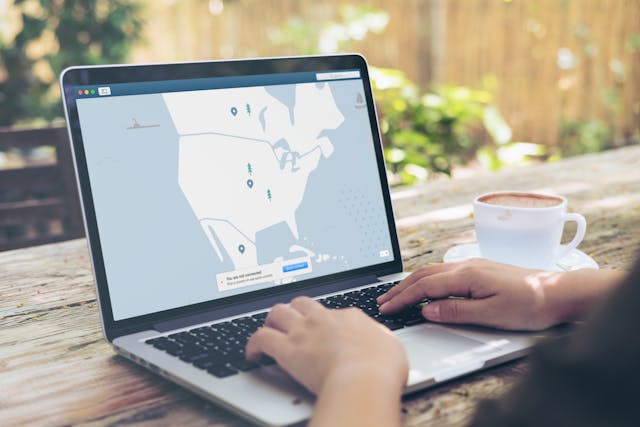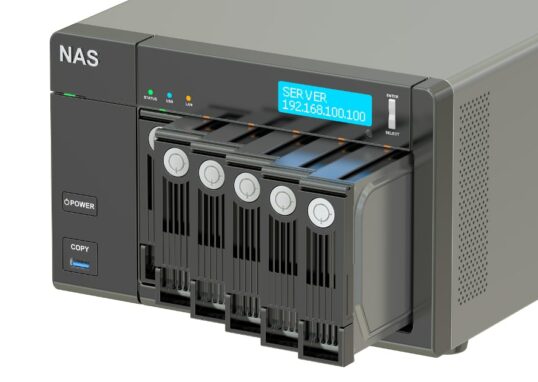How to Choose a Trustworthy VPN in 2025: A Clear, No-Jargon Guide to Protect Your Connection

Choosing a VPN in 2025 feels a bit like walking into a giant tech store in London on a Saturday afternoon : too many options, too many signs shouting “best security ever,” and your brain whispering, “Yeah… but which one actually works ?”. I’ve been there. And honestly, finding a VPN that’s both reliable and not a pain to use is way easier when you know what really matters.
Before we dive in, if you want a broader look at general tech hygiene (the kind we should all do but almost nobody does), the site https://www.internet-informatique.fr has some straight-to-the-point resources I found surprisingly helpful. But for now, let’s stick to VPNs and how to choose one without getting tricked by marketing fluff.
Why you even need a VPN today (no, it’s not just for “hackers”)
 A solid VPN does two simple but crucial things : it hides your real IP address and encrypts what you’re doing online. That’s it. No magic, no Hollywood-style hacking countermeasures. Just privacy and a safer connection, especially if you spend time on public Wi-Fi-airports, cafés, that weird shared coworking space with the creaky chairs… you know the vibe.
A solid VPN does two simple but crucial things : it hides your real IP address and encrypts what you’re doing online. That’s it. No magic, no Hollywood-style hacking countermeasures. Just privacy and a safer connection, especially if you spend time on public Wi-Fi-airports, cafés, that weird shared coworking space with the creaky chairs… you know the vibe.
And in 2025, with websites tracking more than ever and ISPs loving to log literally everything, protecting your traffic is just common sense. It’s like locking your car : nobody judges you for it, and you sleep better.
What actually matters when choosing a VPN (the real criteria)
1. A clear and proven no-logs policy
This is the big one. If a VPN logs your activity, it defeats the whole point. Look for providers that publish independent audits. Not “we promise we don’t log anything,” but real audits done by recognized firms. When a VPN has nothing to hide, they usually shout about those audits from the rooftops.
2. Speed that doesn’t make you nostalgic for 1999
Some VPNs slow your connection to the point where downloading a simple PDF feels like waiting for the bus in the rain. In 2025, a decent VPN should support fast protocols like WireGuard or other modern equivalents. If a provider still pushes outdated protocols as their “main” one… yeah, run.
3. Servers where you actually need them
Do you want to stream content ? Access services when traveling ? Or just avoid crowded European servers by hopping somewhere else ? Check the server list. The real one, not the “we have thousands of servers” marketing line. Sometimes a provider claims 10,000 servers but half of them are virtual. Not bad, but transparency matters.
4. An interface you don’t hate using
I’ve tested VPN apps that looked like they were designed in a basement in 2007. Tiny buttons, settings hidden three menus deep, weird popups. A good VPN app in 2025 should feel clean, simple, and intuitive. You should be able to connect in one tap and change locations without opening a manual.
5. Real security features, not buzzwords
Things worth caring about :
- Kill switch (if the VPN drops, your connection stops-not ideal for gaming, but essential for privacy)
- DNS leak protection
- Modern encryption (AES-256 is still standard, but some offer even more efficient variants)
- Multi-hop if you’re into extra layers
Things you can ignore : “military-grade security” (every VPN says that), “AI-powered protection” (usually meaningless), and bizarre feature names that look like a marketing intern invented them during lunch break.
Free VPN vs paid VPN: the uncomfortable truth
 Look, I get the temptation. I’ve tried free VPNs too, especially back when I was a student in Manchester and couldn’t justify £5/month for “just internet stuff.” But here’s the thing : free VPNs often pay themselves by logging and selling your data. Not all of them, but enough that it’s risky.
Look, I get the temptation. I’ve tried free VPNs too, especially back when I was a student in Manchester and couldn’t justify £5/month for “just internet stuff.” But here’s the thing : free VPNs often pay themselves by logging and selling your data. Not all of them, but enough that it’s risky.
A trustworthy paid VPN isn’t expensive, and you’re paying for one thing : not being the product.
Quick checklist to pick your VPN in 2025
If you want the super short version, here’s what I’d personally check before hitting that “subscribe” button :
- Has the VPN been independently audited ?
- Does it support fast, modern protocols ?
- Are speeds decent in your region ?
- Is the app clean and easy to use ?
- Does it clearly explain its privacy policy ?
- Does the company exist in a privacy-friendly jurisdiction ?
If a provider checks at least 4 or 5 of these boxes, it’s probably solid. If it checks all of them, you’ve found a keeper.
Final thought : don’t overthink it, just avoid the obvious traps
Honestly, choosing a VPN doesn’t have to be stressful. You don’t need to become a cybersecurity expert overnight. Just stay away from the flashy “totally free !” apps, look for transparency, and pick the one that feels right for your usage.
And hey, if one day you’re working from a café in Brighton and your VPN quietly keeps your connection safe while the guy next to you tries to connect to some sketchy hotspot… you’ll be glad you took five minutes to choose the right one.
le.francois.sylvain@gmail.com
Related posts

Top 10 Must-Have Software to Optimise Your PC (and Avoid the Most Common Breakdowns)
Let’s be honest : when your PC starts behaving weirdly – fans spinning like a jet engine, apps freezing out of nowhere,...
Read out all
Slow Wi-Fi at Home: 10 Concrete Tips to Improve Your Internet Connection
Slow Wi-Fi at home can ruin a perfectly good day. You’re trying to join a video call, Netflix se fige, someone dans...
Read out all
NAS server for beginners: what it’s for and how to choose the right one for your backups
If you’re googling “NAS server for beginners” there’s a good chance you’re tired of juggling USB drives, random folders called “Backup_final_final_v2” and...
Read out all
Which Web Browser Really Protects Your Privacy?
Let’s be honest : when was the last time you thought about what your browser actually knows about you ? We open...
Read out all